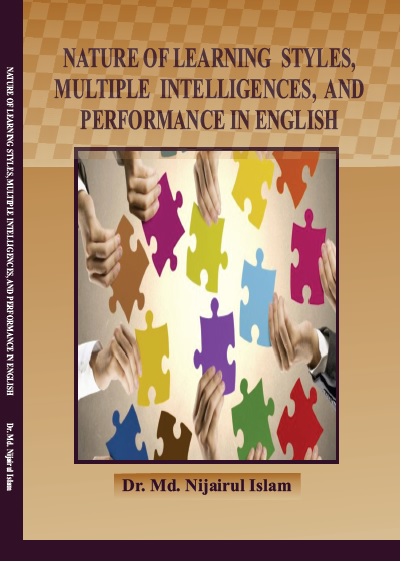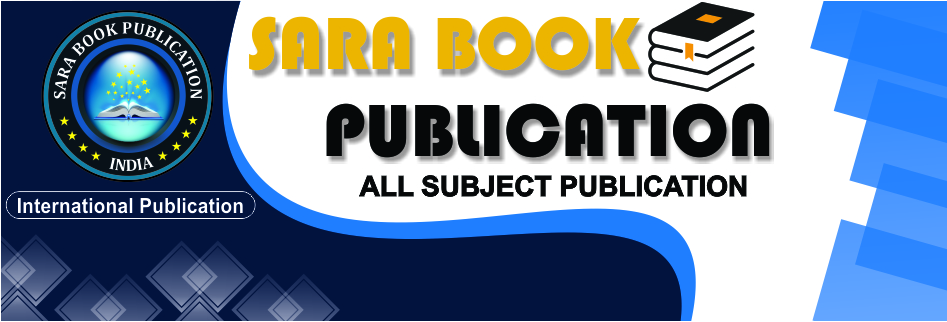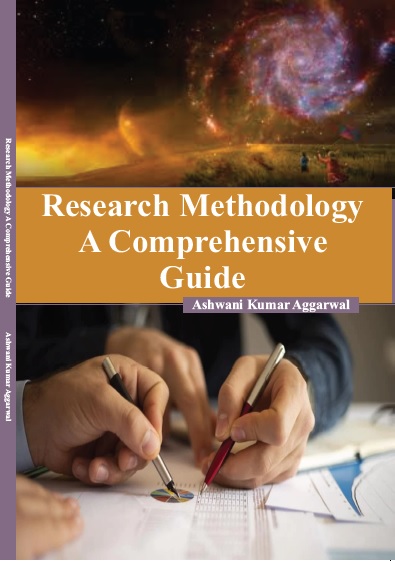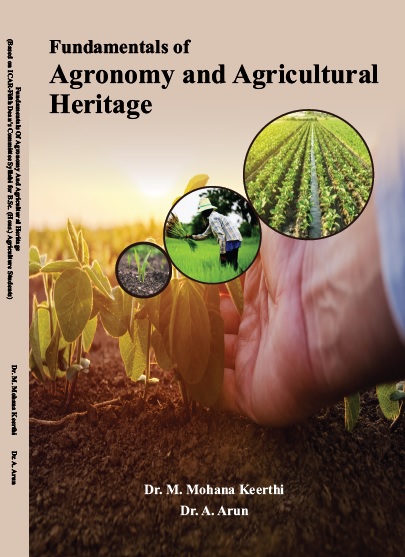SOCIAL SCIENCE AND HUMANITIES

Nature Of Learning Styles, Multiple Intelligences, And Performance In English
by Dr. Md. Nijairul Islam
ISBN Number : 978- 1- 63042- 804- 4
Authors Details
| Author Name | Image | About Author |
|---|---|---|
| Dr. Md. Nijairul Islam |  |
Dr. Md. Nijairul Islam obtained M.A. in English and M.A. in Education
from Rabindra Bharati University and Netaji Subhas Open University
respectively. He did B.Ed. and Ph.D. in Educational from the University of
Kalyani.
Dr. Islam taught English at Lochanpur N.K. Higher Secondary School,
Murshidabad, West Bengal, for over thirteen years before joining Gazole
Mahavidyalaya, Malda, West Bengal, as an Assistant Professor in
Education in 2014. He has authored books like Shikshak Shikshan
Mulyayan, Shikshar Itihas O Samprotik Ghatanaprabaha, A Manual to
English Honours, Unique Reference of SSC English etc. on English and Education for Undergraduate
and competitive level students. Besides, he has published extensively in edited books and academic
journals of national/international repute. |
Book Description
Before joining college as an Assistant Professor in Education, I had been an Assistant Teacher in English in a school of Murshidabad district in the State of West Bengal for more than thirteen years. During this long teaching career at Secondary and Higher Secondary level, I felt how dreadful English subject was to a majority of the learners. My school was located in a rural area, as most of the schools are in this district, and be it in class V or in class XII, English subject was a headache for the students. This Englishphobia was even instilled into their parents so much so that they took every pain to engage private tutors in this subject for their ward. I have heard English class-teachers grumbling either over their own inability to teach students properly or the learners' 'stupidity' to grasp the content taught. My own experience was not exception to this. Side by side, I had the opportunity to teach a few students who came off with flying colours in English examinations. Though English is not our native language, it is a fact that India now possesses the third largest English speaking-population in the world after the USA and the UK. The functional domains of the use of this language have now encompassed our administration, education, employment and of course, formal as well as informal communication. English is now taught as second language in India at every stage of education, but acquisition of an adequate level of proficiency in this subject still remains one of the biggest challenges of Indian students at large. The approach presently adopted in India for second language English teaching is Functional Communicative Language Teaching Approach that emphasizes on activities involving the learners in communication. However, it has been seen that the overall teaching environment encourages learners for rote-learning. In an educationally backward district like Murshidabad, many students even cannot secure pass marks in English in their first external public examination, i.e. Madhyamik Pariksha. Most of the examinees that are fortunate enough to cross this hurdle end up being termed “under-achievers” in English. At present, the bleak picture of scholastic achievement in second language English of the Indian learners who study in native language medium schools demand a close look into the matter. Realizing the gravity of the situation I earnestly needed to do some “action research” in my school but in order to get the total picture of my native district, I liked to start with an applied research. The present study is the result of such an effort. The study intended to explore the nature of some cognitive correlates of academic achievement in English – particularly from the learners' point of view. Pedagogical implications of the study discussed at the end could prove valuable for English language teachers and policy makers.














